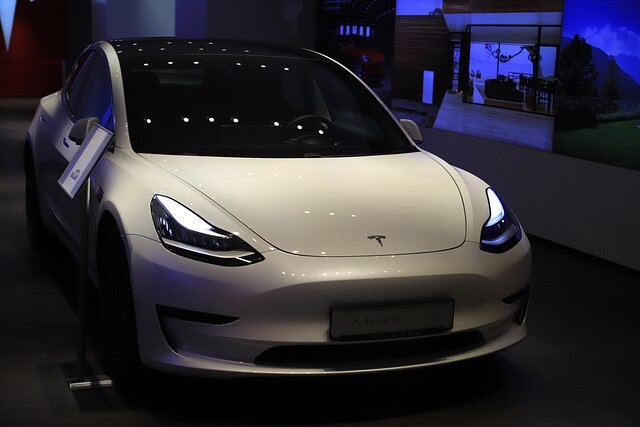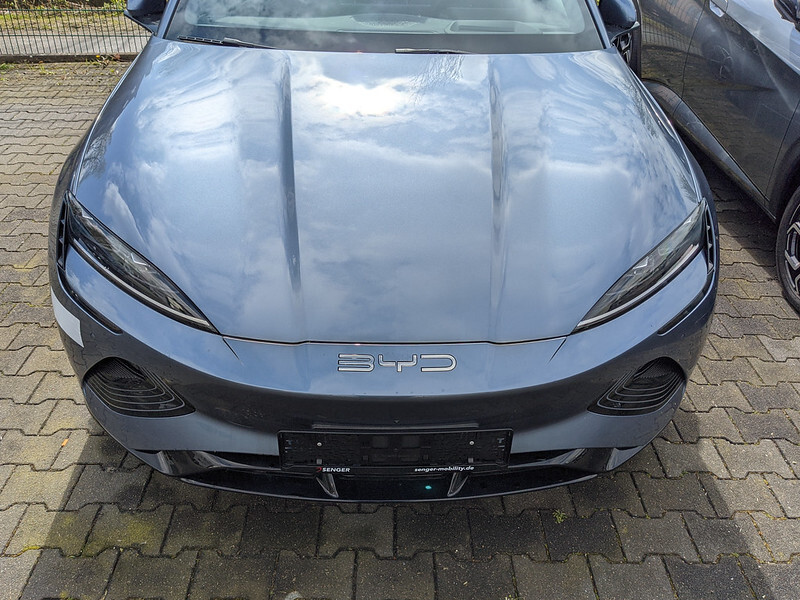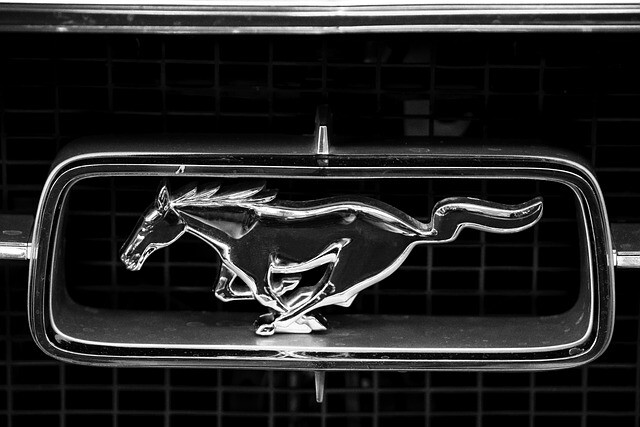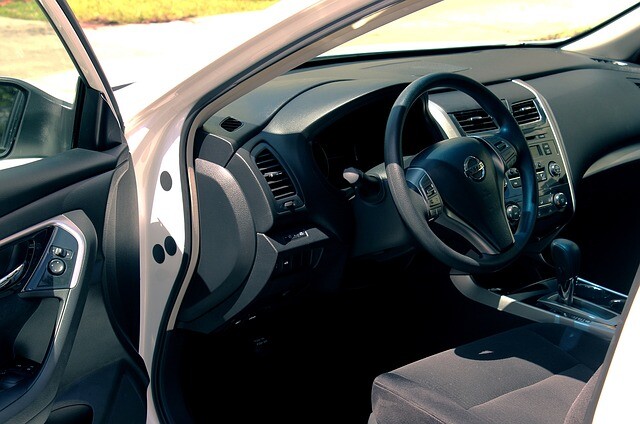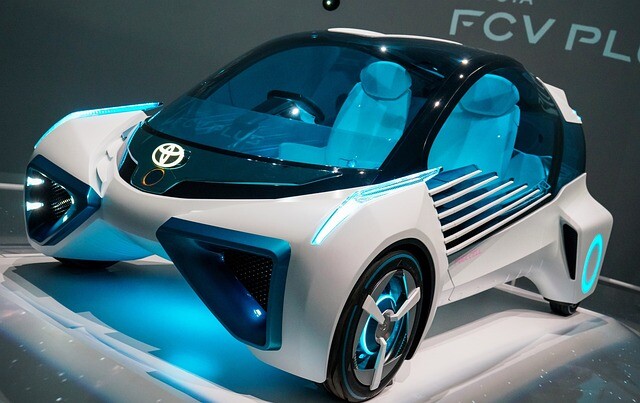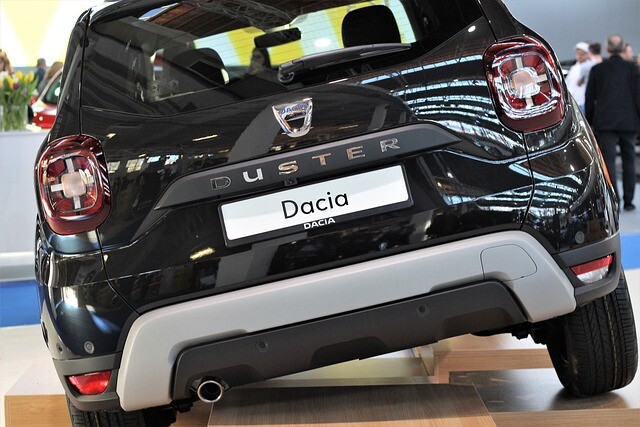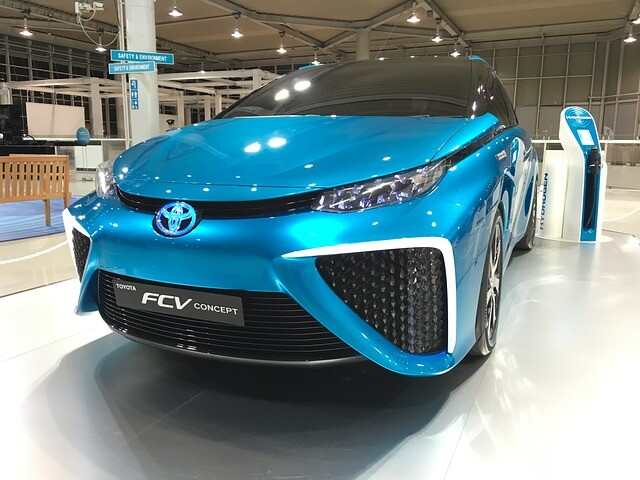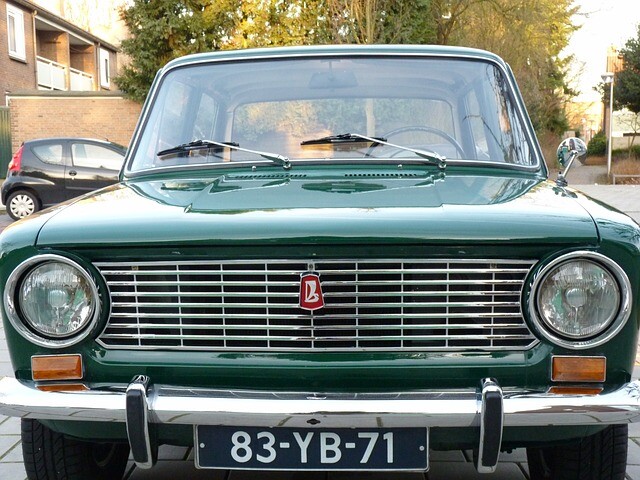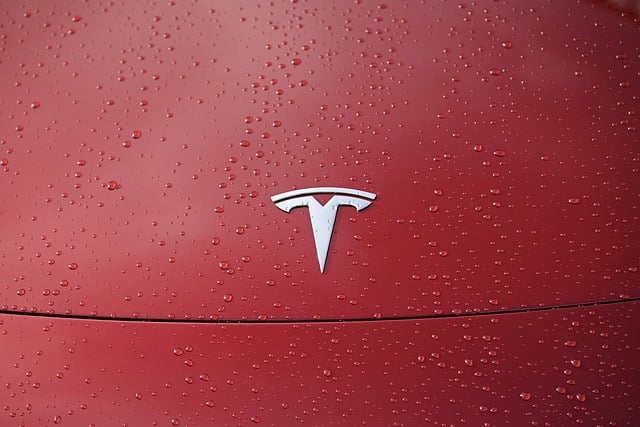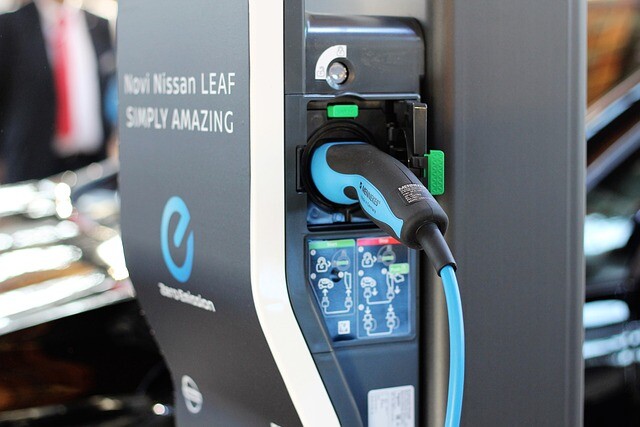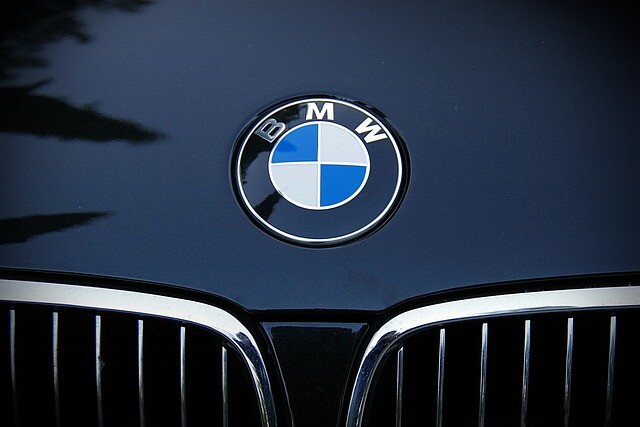The proliferation of electric cars is causing a major loss of revenue for the UK budget
In 2019, before the epidemic, the UK budget had £ 16.4 billion in revenue from a fuel tax on the consumption of 32.9 million vehicles in circulation. Assuming an optimistic scenario for the proliferation of electric vehicles, revenue from the fuel tax could fall by £ 5 billion to £ 11.4 billion by 2028.
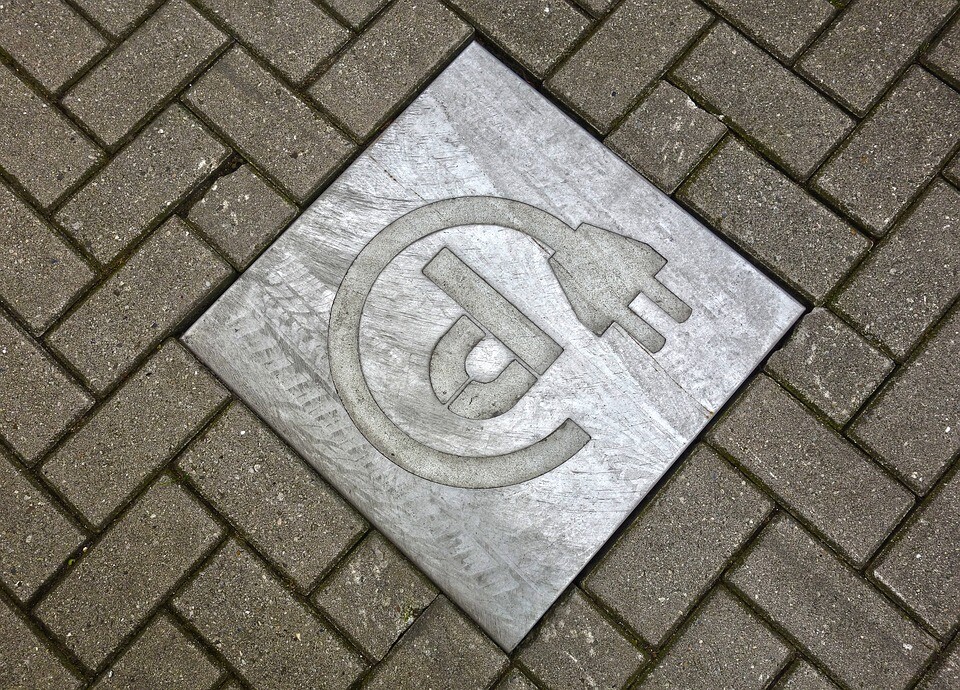
The £ 5bn cut is roughly equivalent to the amount the UK budget spends on operating, maintaining and widening motorways and main roads each year.
However, the study also showed that the decline in fuel tax revenue will be mitigated in the short term by motorists switching from diesel vehicles to gasoline and plug-in hybrid cars. Switching directly to electric cars would have a much bigger drop in tax revenue.
According to a report by SMMT’s automotive professional organization, sales of diesel cars fell by 48.1 percent in 2021 compared to the previous year, accounting for only 8.2 percent of total sales volume. In 2020, another 16.0 percent of cars sold were diesel.
Sales of hybrid cars, on the other hand, rose 64.7 percent to 18.0 percent of total volume.
Gasoline cars were the most sought after, with a volume of 46.3 percent, but 15.7 percent less than the previous year.
A total of 1.647 million cars were sold in Britain in 2021, 1.0 per cent more than in the 2020 crisis year but 28.7 per cent less than the pre-epidemic 2019 turnover.
(Source: autokalauz.co.hu; MTI | Image: pixabay.com)

